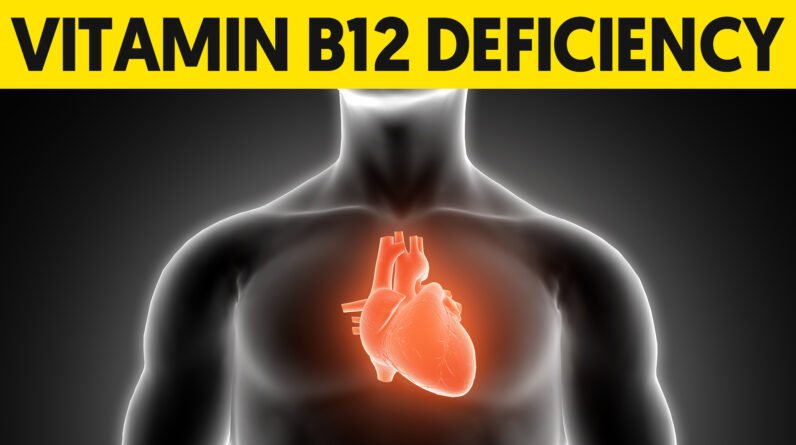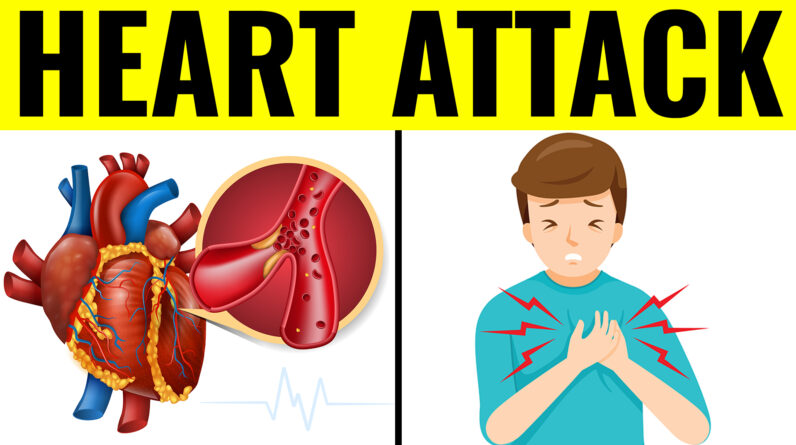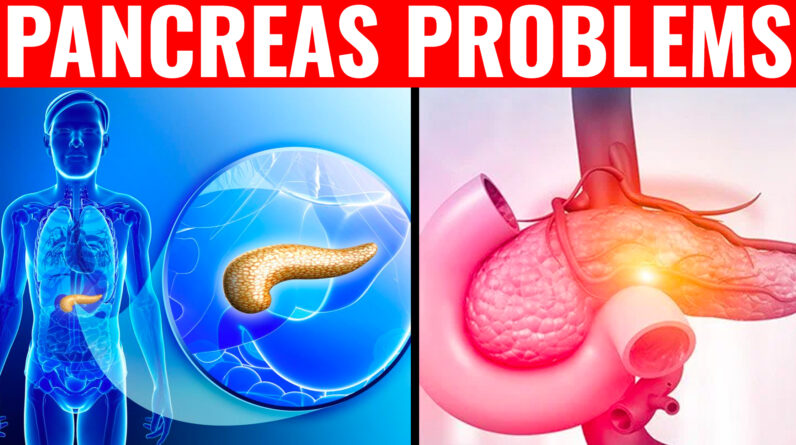
In one of our last articles, we talked about signs of a vitamin D deficiency and what you can do about it. Make sure to check out that article if you haven’t already. Now, in today’s article, we’ll be focusing on another very important vitamin; vitamin B12. We’ll also be looking at signs of a deficiency and what you can do about it. Let’s crack on.
First things first, the human body cannot produce vitamin B12. This is quite unfortunate considering how important this vitamin is to the human body. For one, it helps both the brain and the entire nervous system to function properly. It is also necessary for the formation of red blood cells, and the creation and regulation of DNA. Considering that the human body produces millions of red blood cells, vitamin B12 has to constantly be in sufficient supply.
Thankfully, there are a number of foods that contain vitamin B12. These foods, which we’ll get into later, have to be consumed in significant quantities to avoid a vitamin B12 deficiency. If you haven’t been consuming your daily recommendation of vitamin B12, which is 2.4 micrograms for everyone over 14 years old if you were wondering, you might exhibit some or all of the following symptoms.
#1 – Tightness of hand and feet
First off, you might experience tingling hands and/or feet, or what we call pins and needles. Because vitamin B12 plays an important role in the nervous system, a deficiency of the vitamin could lead to nerve conduction problems and even damage.
Specifically, what vitamin B12 does in the nervous system is help produce myelin. Now, Myelin is a substance that basically shields the nerves, helping them to transmit sensations. So, with vitamin B12 in short supply, myelin would be in short supply too, which, in turn, would mean that the nerves are not able to transmit sensations properly. The nerves that are typically affected by this are the peripheral nerves found in the hands and feet; hence, the tingling sensation.
If left unchecked, peripheral nerve damage would devolve into movement problems. The person might find it difficult to walk or even stand without support because of numbness in the feet and legs. Muscle weakness might also set in.
#2 – Jaundice
Pale skin, or jaundice if you want to be more medically accurate, is another sign of a vitamin B12 deficiency. So, here is the thing: the reason your skin is the healthy colour that it is, is because of the red blood cells that circulate underneath it. As a result, when those red blood cells are in short supply, a condition called megaloblastic anemia, your skin would look deathly pale or yellow, which is what jaundice is.
Now, why does a vitamin B12 deficiency result in jaundice? Well, remember that I mentioned that vitamin B12 is essential for the formation of red blood cells. So, with this vitamin in short supply, it is not difficult to see how this would result in jaundice.
#3 – Fatigue
Someone who has a vitamin B12 deficiency would also find themselves feeling fatigued unnecessarily and more frequently. This would happen if the person is suffering from megaloblastic anemia. Red blood cells are needed to carry oxygen around the body; so, when they are in short supply, one would feel extremely tired and fatigued.
#4 – Nausea and Diarrhea
Vitamin B12 deficiency could also be the cause of nausea, vomiting and diarrhea, especially when they happen without a cause. And it can be traced back to a lack of red blood cells. With these red blood cells in short supply, most parts of the body, including the gut, won’t get the amount of oxygen that they need. This insufficient amount of oxygen would make a person feel and be sick, resulting in nausea, vomiting, and diarrhea.
As a result of these gut problems, one might find that they have lost their appetite. And with a decreased appetite, weight loss is sure to set in eventually.
#5 – Fast Heart Rate
Fast heart rate is another condition that can be traced to a lack of sufficient vitamin B12 in the body. And, of course, this is due to a lack of sufficient red blood cells. When the body doesn’t have enough red blood cells, it forces the heart to pump and push harder in order to circulate whatever is available throughout the entire body.
This pressure is evident in a fast heart rate. And with a fast heart rate and megaloblastic anemia, one might start to feel a little short of breath even without having partaken in a physically draining activity.
#6 – Mental Health Problems
A lack of vitamin B12 might also affect one’s mood making one depressed and more irritable. More research still has to be conducted in this area, though, but preliminary results seem promising. Aside from mood, a vitamin B12 deficiency might also affect one’s thinking or reasoning. And this is related to an insufficient supply of oxygen to the brain.
Now that we have an idea of the problems that can result from not consuming enough vitamin B12, it’s important that we look at prevention and solution strategies. But before that, let’s look at some risk factors.
What to do about Vitamin B12
Of course, not consuming your recommended amount of vitamin B12 would put you at risk of developing a vitamin B12 deficiency. But even if one does consume enough vitamin B12, certain conditions can make it difficult for the body to absorb the vitamin. These conditions include Crohn’s disease, celiac disease, atrophic gastritis, and pernicious anemia.
Other factors that put one at risk of a vitamin B12 deficiency includes old age, being on a vegetarian or vegan diet, being on anti-acid medication for a long time, and any surgery that affects the digestive system.
Now, to prevent this deficiency, first things first is to consume foods that contain the vitamin. Most of them are animal sources which is why vegetarianism and veganism are risk factors. So, we are looking at meat, fish, milk, cheese, eggs, and so on.
However you don’t have to change diets in order to get your recommended amount of vitamin B12 as there are supplements that you can take. You can get these from your local drugstore, but it is advised that you speak with your doctor first.
Finally, for those who have trouble absorbing vitamin B 12, they might have to get shots of that vitamin to treat their deficiency. That said, a doctor would be in the best position to determine the right move.







